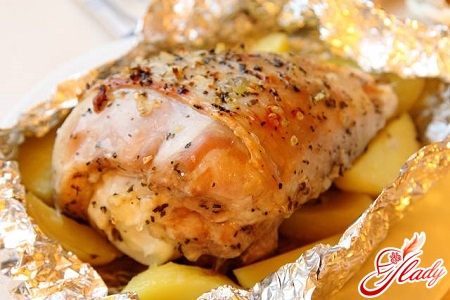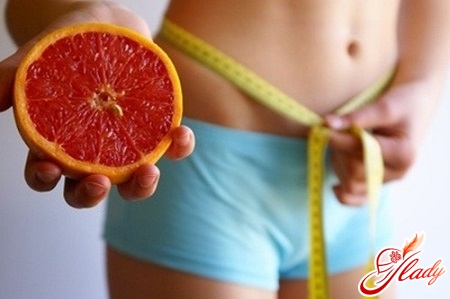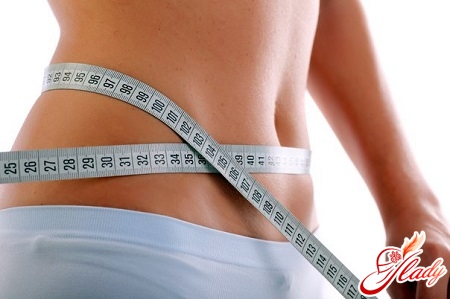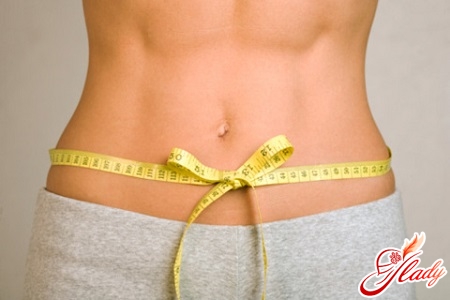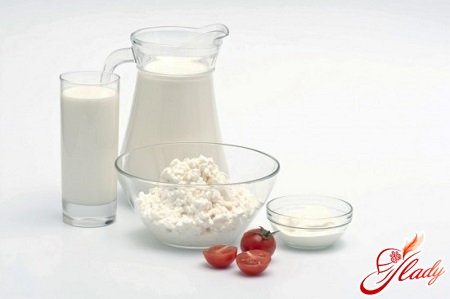 For all of us, since our school days,It is known that the human body consists of 80% water. And thanks to the optimal maintenance of water balance in the body, our skin remains fresh and toned, immunity is strengthened, metabolism is normalized, body temperature is regulated through sweating, joints are “lubricated” and much more. Water for weight loss has also taken a worthy place as a faithful assistant in the fight against toxins. Water and weight loss are closely interconnected. After all, when losing weight, be it diet or exercise, water is the first to “leave”. And a lack of water in the body is fraught with health complications. For example, just 5% of water loss by the body can lead to an increase in body temperature and increased heart rate.
For all of us, since our school days,It is known that the human body consists of 80% water. And thanks to the optimal maintenance of water balance in the body, our skin remains fresh and toned, immunity is strengthened, metabolism is normalized, body temperature is regulated through sweating, joints are “lubricated” and much more. Water for weight loss has also taken a worthy place as a faithful assistant in the fight against toxins. Water and weight loss are closely interconnected. After all, when losing weight, be it diet or exercise, water is the first to “leave”. And a lack of water in the body is fraught with health complications. For example, just 5% of water loss by the body can lead to an increase in body temperature and increased heart rate.
What is the water diet?
The basic principle of such a diet is quite simple:we often confuse hunger with thirst. And instead of eating a sandwich or a chocolate bar, you need to drink a glass of water. That's why nutritionists always recommend having a bottle of water with you, on your desk, on your bedside table, in your purse and, of course, near the refrigerator. Quite often, our desire to eat something is easily neutralized by one glass of cool, clean water. That's the whole secret. In order to lose weight, simply do not confuse thirst with hunger.
Here's how this diet looks in practice, developed by the advice of nutritionists
In the morning, immediately after waking up, it is necessaryStart with a glass of water on an empty stomach. It will not only fill your stomach, but also start the work of the whole body. Plus, you will eat a smaller portion of breakfast. It is also useful to drink a glass of water before going to bed, which allows the kidneys to function normally during sleep. And during the working day, when you want to eat something harmful, also drink a glass of water, and if it was all about thirst, then the desire to have a snack will disappear. But if after 30 minutes the feeling of hunger arises again, then you need to submit to the urge of the body and eat something. Research has confirmed that a decrease in water intake leads to an increase in fat deposits. With an insufficient amount of water in the body, the kidneys begin to function poorly, and therefore the load that they cannot cope with is "taken over" by other organs. In this case, it is the liver. The main task of the liver is to metabolize fats into energy that is used by the body. But if the liver takes on part of the kidneys' load, then it does not cope with its original task, and as a result, fat is deposited, and this leads to excess weight. Also, if the body constantly experiences a lack of water, then it begins to "store" in reserve, retaining fluid in the cells, as a result, the legs, arms, and face swell. Water is essential for maintaining muscle tone, thanks to which the muscles have the ability to contract, which prevents sagging skin when losing weight.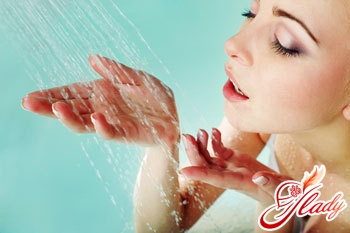
Water with diet should be:
- cool or room temperature;
- not carbonated;
- drinking, or slightly mineralized;
Low mineralized water would probably be fine.to all. Calcium contained in such water is very useful for bones and teeth, magnesium is necessary for normal blood circulation and heart function, and it also helps to absorb calcium. Another useful element contained in water is sulfates. They help in the absorption of proteins and vitamins, and also have a positive effect on the hormonal balance of the body. But too much sulfate can lead to the formation of blood clots. What should be avoided when dieting is excess sodium, which retains water in the body, which does not contribute to weight loss. Potassium is a sodium neutralizer, which also participates in the water balance and prevents high blood pressure. This is what the mineral composition of water that is useful for the body looks like. But let's also consider other drinks that are consumed quite often to quench thirst. No matter how sad and paradoxical it may sound, but juices, coffee, tea, carbonated drinks, compotes, alcohol, on the contrary, lead to dehydration of the body, mainly due to the fact that they have a diuretic effect. Also, juices are quite high in calories, for example, a glass of orange juice contains 100 kcal, which is comparable to one eaten banana or egg. Carbonated drinks lead to bloating and cellulite. But, of course, in everyday life it is difficult to give up everything at once. How, for example, to do without a cup of aromatic coffee in the morning or freshly squeezed juice, if this habit has developed throughout life? In this case, nutritionists recommend diluting natural juices by half with regular water, and in the case of coffee, which causes dehydration, drinking half a glass of water before or after it. But if you still decide to lose weight, then you will have to give up juices, and get healthy vitamins from fresh vegetables and fruits. Do not forget that everything should be in moderation. This also applies to water. If you overdo it, then water is more likely to cause the opposite result than you expected. Firstly, excessive water consumption can lead to swelling, i.e. the kidneys will not have time to process water, it will accumulate and contribute to weight gain. Secondly, a large amount of water consumed can stretch the walls of the stomach, and the larger the stomach, the more food will be required to "fill" it, which again leads to extra pounds. Thirdly, in no case should you drink ice water, on the contrary, it will slow down the metabolic processes in the body and their excretion, which also does not contribute to weight loss. Fourthly, excessive water consumption can lead to the leaching of useful minerals from the body, which can lead to toxicosis and increase intracranial pressure.
How and in what quantities do you consume water to lose weight?
- It is necessary to drink no more than 1.5-2 liters of water per day, but if physical loads are present, the amount of water must be increased;
- Drink in small doses, not more than 250 ml at a time;
- It is necessary to drink a glass of water immediately after awakening, which helps to cleanse the body;
- Drinking a glass of water just before eating, then allow solid food to be completely digested;
- It is not necessary to drink during meals, this leads to gas formation and an increase in the volume of the stomach;
- After eating, you can drink water no sooner than an hour;
- Drink a glass of water before bed, you can replace herbal tea;
- If you are overweight, then you need to increase your water intake: 1 glass for every 8 kg of excess weight.
Water is very important when losing weight, because ifopen any diet, then the fundamental thing in it will always be sufficient fluid intake, namely pure water. Therefore, drink enough water, and the body will reward you with shiny hair, glowing skin and a fit body! We recommend reading:




